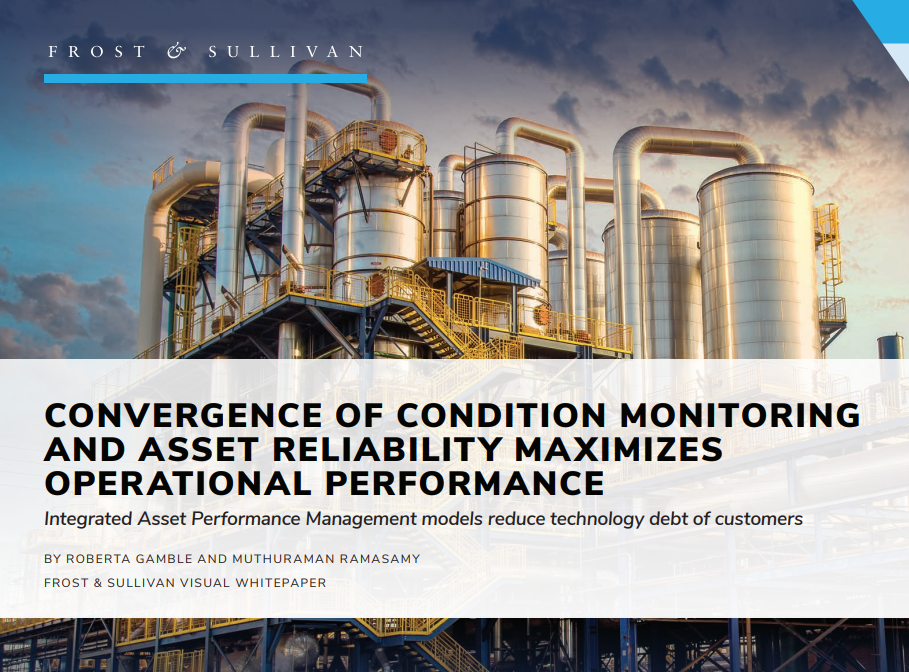Learning Objectives
- Learn how to develop logical, justified maintenance strategies following the Reliability Centered Maintenance (RCM) approach.
- Leverage powerful reliability software to optimize your plans in a simulated environment leading to effective plan implementation. Analyse and utilize failure data to drive improvement.
- Deliver successful outcomes and meet business objectives through quantifying and calculating business benefits and risk reduction.
Key Learnings
- Discover how to analyse failure data by going further than just MTBF; this course introduces the Weibull distribution and demonstrates using software how this methodology will drive superior maintenance results.
- Linking the Weibull distribution to the logical Reliability Centered Maintenance (RCM) approach, this class will provide a justified outcome to maintenance strategies that can be implemented through to preventative maintenance documentation.
- By utilizing software to logically follow the step-by-step pathway to optimized maintenance strategy development the course will drive excellent asset performance at low cost and risk.
Why you should attend:
- Currently following OEM recommendations, but would like to optimize
- High maintenance costs and unplanned downtime
- Want immediate performance improvement and to reduce costs, but don’t know where to start
- Continually under-performing due to current design not meeting business goals
- Consistently exceeding your maintenance budget
- Currently using too many generic or inconsistent strategies
- Want to learn the framework to move out of reactive state to a proactive state
- A need to optimize spares due to significant downtime, unnecessary spending but unsure how to plan
Course Information
-
Duration and Delivery

-
- 2-days face-to-face classroom, or
- 15-hours remote web conferencing, typically over 3 days
-
Additional information

-
When this course is provided privately, it can be extended to include a third day focusing on further exercises to drive a greater understanding of applying an RCM approach using the dedicated software.
-
Who should attend?

-
Reliability Engineers, Project Engineers, Maintenance Analysts, Maintenance Supervisors, Design Engineers, Plant Performance Engineers, RCM Team Members
-
Program

-
Day 1
- Analyzing failure data. Utilizing MTBF & MTTR and explaining the flaws.
- Introducing the Weibull distribution and its benefits for Reliability data analysis. The importance of analysis at a failure mode level and applying the corresponding Weibull shape.
- Practical exercises analyzing failure and suspensions data with Weibull. How to analyse with limited failure data. How to be more efficient with failure analysis.
- Introducing the RCM methodology approach for maintenance optimization.
- How to justify maintenance by linking through Business Goals & Asset Strategies.
- Identifying system boundaries, functional analysis & failure mode definitions.
- Applying failure consequences for cost & risk, and failure frequencies. Analyzing the Run-To-Failure strategy.
- Inspections, predictive maintenance & preventative choices. Understanding P-F intervals.
Day 2
- Learning by doing exercises; understanding the complexities of calculating maintenance justification without computers.
- Building an RCM model from scratch. Performing task optimization as a group, identifying the optimal strategy & intervals, and justifying the reasons.
- Grouping of tasks to create maintenance plans.
- Preparing for implementation; load sheet into CMMS creation and preventative maintenance instruction documents.
Day 3 (Optional)
- Further learning by doing exercises, add complexity. Building an RCM model from scratch. Performing task optimization as a group, identifying the optimal strategy & intervals, and justifying the reasons. Showing the comparison of cost & risk.
- Importing failure data, creating Weibull sets, linking to the RCM model.
-
Benefits

-
Enables engineers to develop justified, optimized maintenance strategies following an RCM approach.
-
Languages

-
- English
- Spanish
-
Learning Path

-
- Prerequisites: None
- Next Steps: Method specific courses e.g. Failure Mode, Effects and Criticality Analysis FMECA101, Improving Plant Availability using Reliability Block Diagrams RBD101

